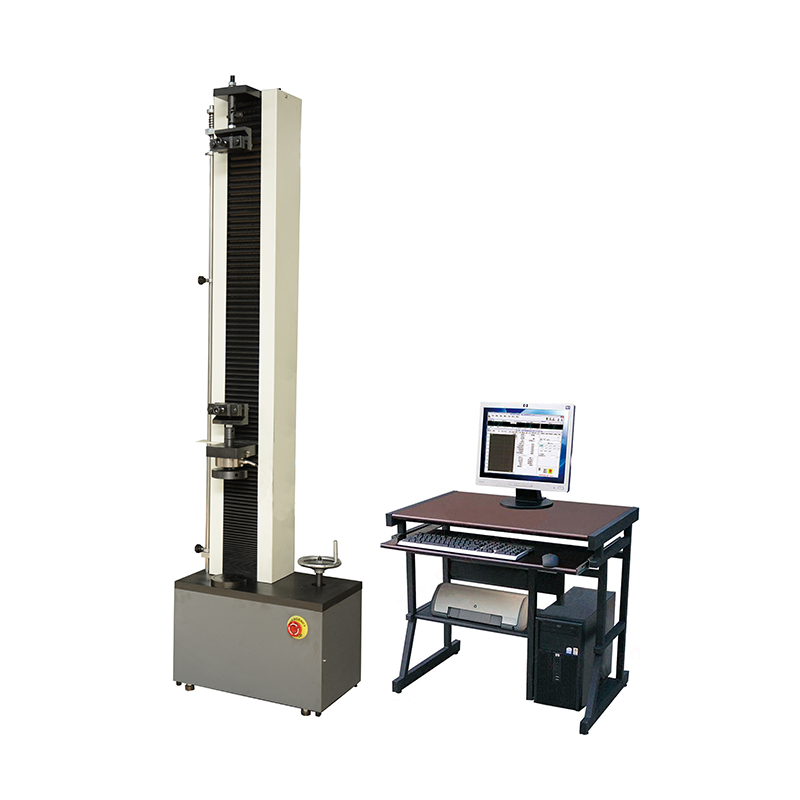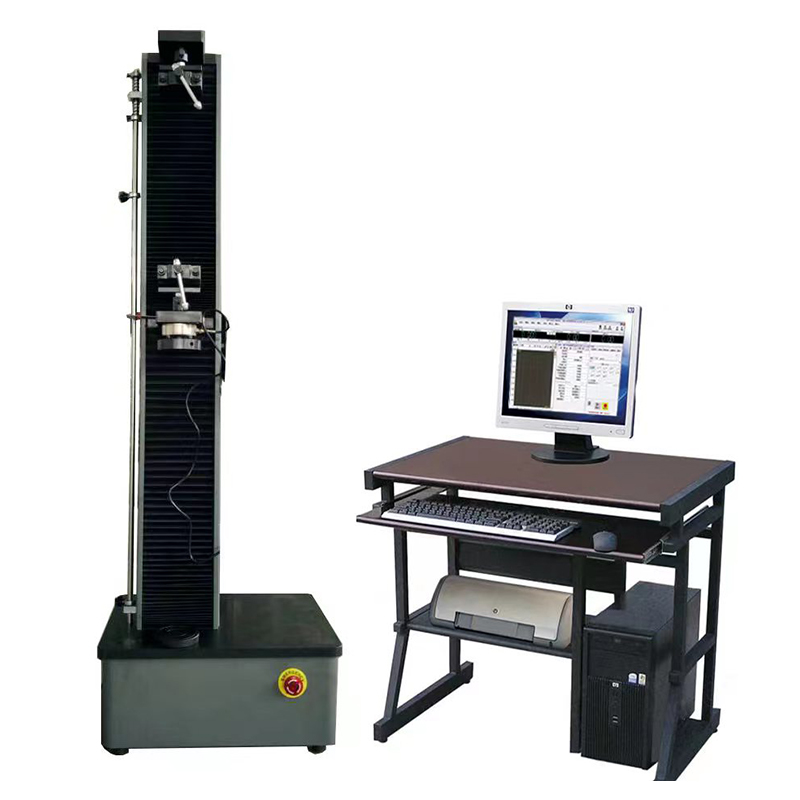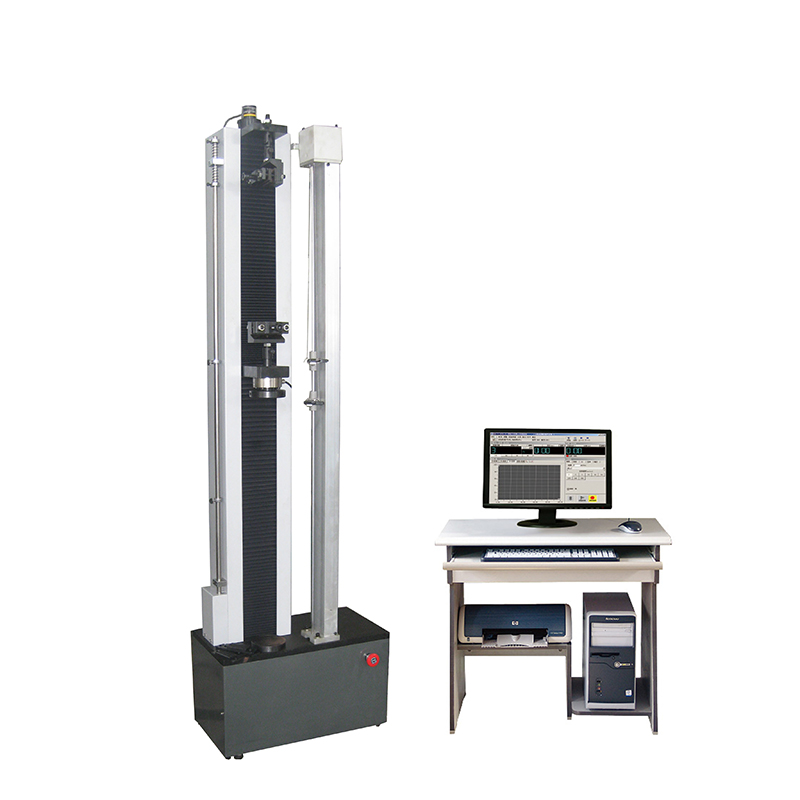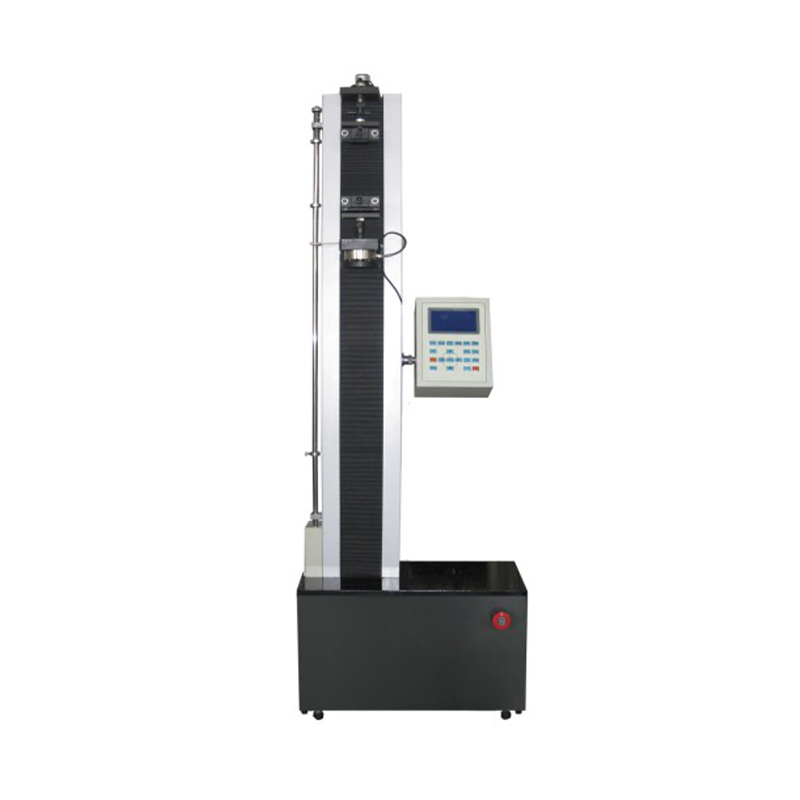Precision Electronic Tensile Testing Machine | Accurate & Durable

The Electronic Tensile Testing Machine has revolutionized material testing across manufacturing sectors. As industrial quality standards become more rigorous, these sophisticated instruments provide the precision needed to validate material integrity under tension.
Global demand for Electronic Tensile Testing Machines is projected to grow at 6.8% CAGR through 2028 (ResearchAndMarkets.com), driven by increasing quality assurance requirements in aerospace, automotive and construction industries.
Core Technology and Working Principles

Modern Electronic Tensile Testing Machines operate using closed-loop servo control systems with three fundamental components:
- Load Frame: Dual-column or single-column structure providing mechanical stability
- Force Transducer: High-accuracy load cell with resolution up to 1/300,000 FS
- Controller: Microprocessor-based system processing data at 2,000 Hz sampling rate
Advanced systems feature digital filtering algorithms that eliminate environmental vibration interference while maintaining test integrity. The latest ASTM E8/E8M-21 standards emphasize the importance of calibration traceability in Electronic Tensile Testing Machines, ensuring international compliance.
Technical Specifications and Capabilities
Technical Parameters Comparison
| Parameter | Standard Range | High-Precision Models | Heavy-Duty Models | Measurement Accuracy |
|---|---|---|---|---|
| Force Capacity | 50N - 5kN | 0.1N - 1kN | 5kN - 600kN | ±0.5% of reading |
| Speed Range | 0.001 - 500 mm/min | 0.0005 - 200 mm/min | 0.1 - 800 mm/min | ±0.1% of set speed |
| Max Test Space | 800mm | 700mm | 1200mm | - |
| Displacement Resolution | 0.01μm | 0.001μm | 0.05μm | ±0.5% of reading |
| Data Sampling Rate | 1,000 Hz | 5,000 Hz | 800 Hz | - |
Industry Applications

Wire & Cable Manufacturing
The Electronic Tensile Testing Machine conducts copper/aluminum conductor elongation tests per IEC 60811-1-1 and jacket material compliance with UL 1581 standards. Critical parameters include yield strength, tensile modulus and creep resistance.

Polymer & Composite Materials
Testing polymer chain orientation and crystallinity using ASTM D638 procedures requires precision environmental chambers integrated with Electronic Tensile Testing Machines. Essential for validating aerospace composites and medical implant materials.
Professional FAQ
What displacement measurement systems provide highest accuracy in Electronic Tensile Testing Machines?
High-resolution optical encoders (1 μm resolution) combined with non-contact video extensometers offer superior accuracy. Traditional strain gauges measure surface strain but optical systems provide full-field measurements essential for composites testing according to ISO 527 requirements.
How do different jaw configurations affect test results?
Serrated wedge grips generate >5,000 psi holding pressure for metals testing while hydraulic grips maintain constant pressure during polymer slippage. Vacuum clamping is required for delicate foams. Improper jaw selection can introduce stress concentrations that invalidate modulus measurements as per ASTM E1012 calibration requirements.
What temperature compensation is required for ASTM-grade testing?
Class 1 systems require ±0.1°C stabilization over ISO 188 test durations. Load cells must feature temperature compensation circuits maintaining ±0.01% FS/°C stability. Environmental chambers must exhibit
How are strain measurements validated to NIST standards?
Primary traceability uses calibrated proving rings with Electronic Tensile Testing Machine undergoes 5-point calibration at 20%, 40%, 60%, 80%, 100% capacity per ISO 7500-1 requirements.
What controller architecture supports simultaneous multi-channel measurement?
Modern systems utilize FPGA-based controllers with dual independent processors for simultaneous strain gage and extensometer measurement. The architecture maintains 24-bit ADC resolution while executing PID control at >5 kHz update rates required for polymer stress relaxation studies per ASTM D2990 standards.
How does crosshead alignment affect ISO 6892 compliance?
Alignment must be maintained ≤0.003 inches/inch throughout the stroke to prevent bending moments. Dual-screw crossheads with angular contact bearings maintain axial loading within ±0.5% perpendicularity tolerance demanded in ISO 7500-1. Continuous alignment monitoring uses LVDTs measuring all 6 degrees of freedom.
What signal processing techniques minimize noise in low-force testing?
Advanced digital filtering techniques including Kalman filters adaptively reduce signal noise without adding phase lag critical for accurate yield point detection. Simultaneous sampling ADCs combined with shielded load cells achieve resolution exceeding 1:500,000 of capacity essential for micro-mechanical fiber testing according to ASTM D3822 protocols.
Industry Research Findings
"Advanced Electronic Tensile Testing Machines incorporating AI-based failure prediction reduced material rejection rates by 22% in aerospace component trials. The predictive algorithms analyzed work hardening characteristics beyond traditional standards."
- International Journal of Material Science, Vol. 15 Issue 3
"Modern servo-hydraulic systems bridge the gap between conventional electromechanical Electronic Tensile Testing Machines and high-frequency fatigue testers, providing ±0.25% force control at loading rates up to 15 m/s for impact simulation studies."
- Society for Experimental Mechanics Annual Proceedings, pp. 45-52
"Recent ISO 17025 requirements necessitate automated calibration protocols where calibration coefficients are applied in real-time without operator intervention. This represents a paradigm shift in Electronic Tensile Testing Machine operation."
- National Physical Laboratory Measurement Report, MS-37 Rev 2.1

Optimize Your Material Testing
Hebei Fangyuan's Electronic Tensile Testing Machine solutions integrate international compliance with precision measurement. Explore our testing solutions for enhanced quality control systems.
Contact Us: hb5117@163.com | Phone: +86-15232166507 | www.wirecabletest.com
-
Why the Conductor Resistance Constant Temperature Measurement Machine Redefines Precision
NewsJun.20,2025
-
Reliable Testing Starts Here: Why the High Insulation Resistance Measuring Instrument Is a Must-Have
NewsJun.20,2025
-
Flexible Cable Flexing Test Equipment: The Precision Standard for Cable Durability and Performance Testing
NewsJun.20,2025
-
Digital Measurement Projector: Precision Visualization for Modern Manufacturing
NewsJun.20,2025
-
Computer Control Electronic Tensile Tester: Precision and Power for the Modern Metal Industry
NewsJun.20,2025
-
Cable Spark Tester: Your Ultimate Insulation Assurance for Wire and Cable Testing
NewsJun.20,2025
 Copyright © 2025 Hebei Fangyuan Instrument & Equipment Co.,Ltd. All Rights Reserved. Sitemap | Privacy Policy
Copyright © 2025 Hebei Fangyuan Instrument & Equipment Co.,Ltd. All Rights Reserved. Sitemap | Privacy Policy
